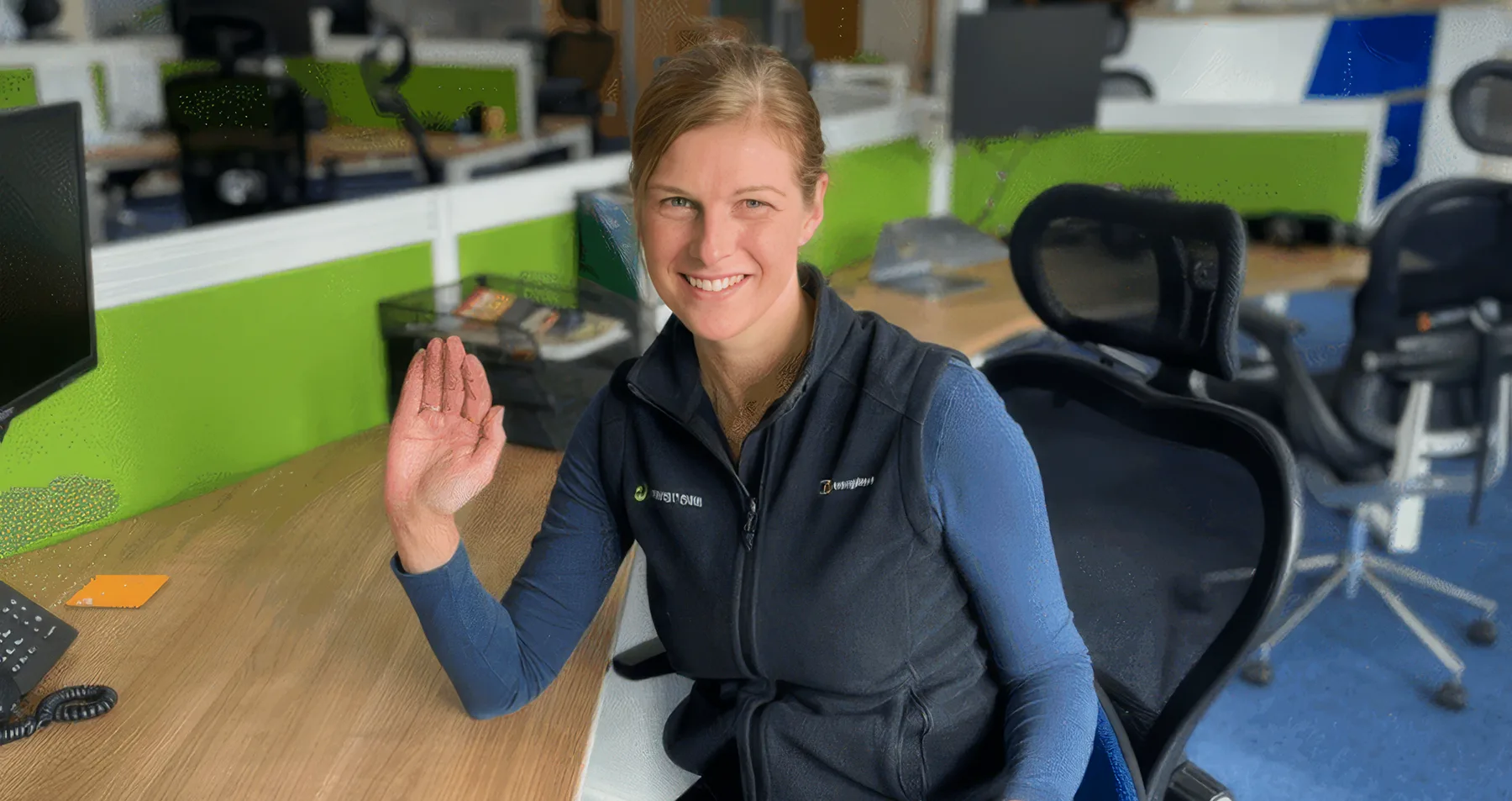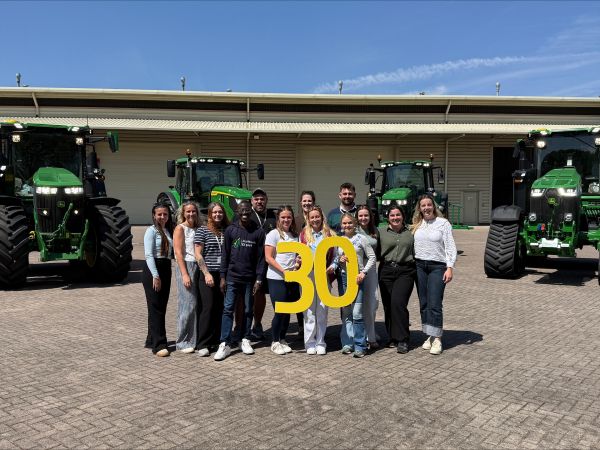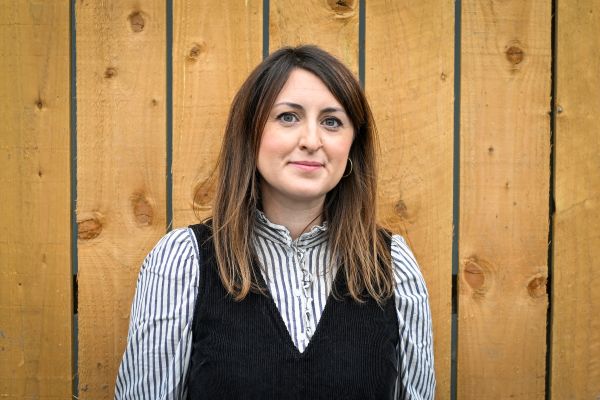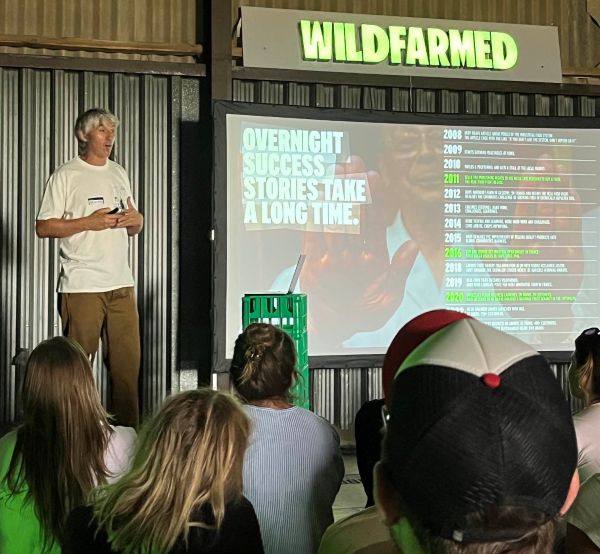
Pinstone gets behind women business networks
Recognising International Women's Day, Pinstone, a leading food and farming PR firm, announces its allegiance to two organisations advocating the role of women in business.
Pinstone is now certified an official 'Women's Business Enterprise' by the globally recognised organisation 'We Connect International'.
In the same month, ten of the Pinstone team have joined as members of Meat Business Women, a global network that's dedicated to promoting professional female talent within the meat industry.
Written by...

Company founder and Managing Director, Catherine Linch, is keen to champion these causes that are directly addressing female under-representation in business and in the food and farming supply chain.
"Receiving the official stamp of approval as a Women's Business Enterprise means we're validated as a company that's female owned and managed. "We're privileged to have a PR team, at all levels of the business, comprising of some hugely talented female professionals so to have official recognition of our female leadership is something we're hugely proud of. I would hope it inspires more women to take the leap into business ownership and more senior roles. However, we're very much all for diversity, so much so that I'm keen to get more male talent on board as well!
"The PR sector is generally not at the same disadvantage as the food and farming supply chain when it comes to gender diversity in the workplace; but it's an industry we work with daily and feel that we can play a role in championing the incredible talent that's out there.
"It's worth highlighting that of the 4.5 million employed in the meat industry globally, only 36% are women and that percentage drops with seniority," says Catherine. Women hold 22% of high-level executive roles and just 14% of board-level director roles (Source: Meat Business Women research, 2020).
"This needs to change and is an opportunity that needs seizing," she adds. "We're celebrating women's achievement on International Women's Day and look forward to working with an increasingly more gender equal food and farming supply chain."

More recent insights

Cultivating journalism skills at John Deere with the Guild of Agricultural Journalists

How useful is AI in agri communications and PR?

Regenerative farming, outcomes, and the power of brand

Sign up to our newsletter
Keep your finger on the pulse.